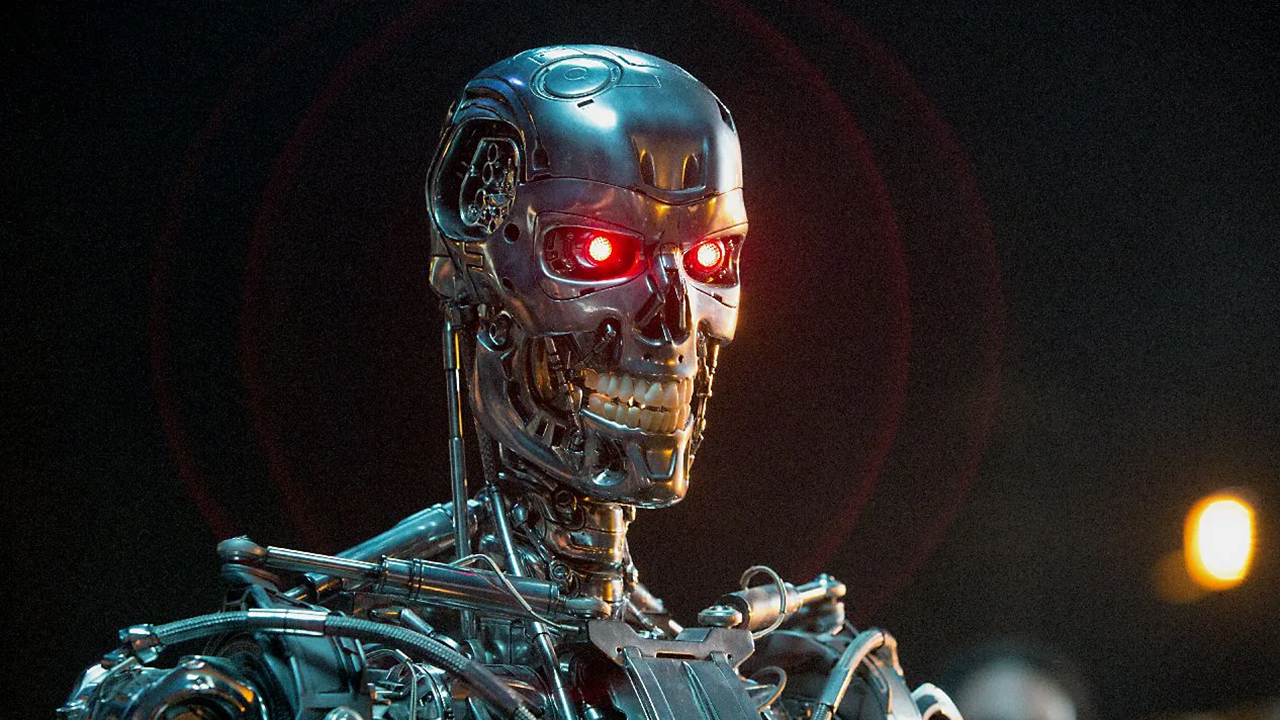Artificial intelligence could lead to the extinction of humanity: says who created it'
robort - 2023-06-03 09:12:31
Fears about artificial intelligence and its rapid evolution are growing. If in the first instance Elon Musk, Steve Wozniak, and others had called for a moratorium to define common rules, and then the CEO of OpenAI Sam Altman had spoken of "significant damage to the world ", now there is open talk of the possible extinction of humanity.
A group of leading AI researchers, engineers, and CEOs have signed a 22-word warning discussing AI as a possible existential threat to humanity. It's a bit strange to say so are the creators and major proponents of this new, and in some ways obscure to its own fathers, technology.

“Mitigating the risk of extinction from AI should be a global priority alongside other societal risks such as pandemics and nuclear war,” are the words of signatories such as Demis Hassabis (CEO of Google DeepMind), Sam Altman ( CEO of OpenAI) and many others including Geoffrey Hinton (recently released from Google) and Yoshua Bengio, two researchers who won the Turing Award in 2018. The words were published by the Center for AI Safety, a non-profit in San Francisco.
According to Dan Hendrycks, executive director of the Center for AI Safety, the brief statement was created not to dilute the message too much and raise awareness that within the sector there are many, and not a few, who see AI as a technology that brings potential misfortunes.
"There is a very common misconception, even in the AI community, that there are only a handful of doomers," Hendrycks told the Times of those who predict an ominous future for the human race. " But, indeed, many people would privately express concerns about these things ."
Those who fear for the future of the human race think of a Terminator-style scenario or almost, with artificial intelligence systems that rapidly become more and more evolved and no longer follow human will, making it impossible to control their actions.
Others believe that such forecasts are overly pessimistic, and an example often cited is the difficulty for artificial intelligence to manage even relatively mundane tasks such as, for example, driving a car. Despite years of effort and billions of investments, self-driving cars are still far from becoming a reality.
Meanwhile, almost everyone agrees that, even without evolution, artificial intelligence systems represent a threat in some situations: they allow mass surveillance and can facilitate the spread of disinformation.
